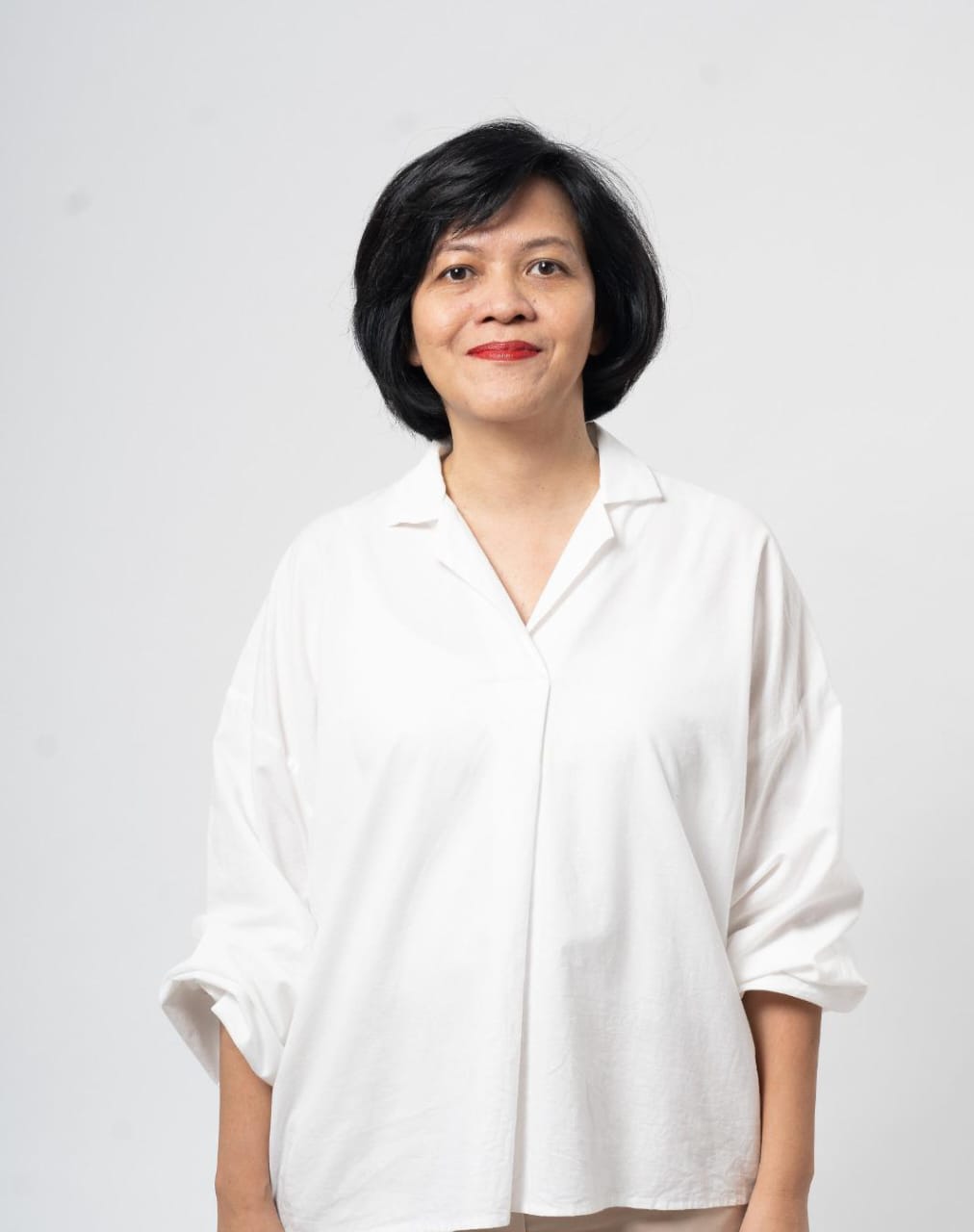Depok, August 21st, 2023. Digital technology and the emergence of social media have brought major changes to the human way of life, including in communication behavior that shows identity work. According to Rony Agustino Siahaan, a student in the Doctoral Program in Communication Studies, Faculty of Social and Political Sciences (FISIP) Universitas Indonesia (UI), the digital practice of stay-at-home mothers creates identity performance on social media, such as in the practice of sharenting on Instagram.
Through his research entitled “Performance of Digital Mother’s Identity: Complexity and Achievement of Women’s Role as Stay-At-Home Mothers in the Age of Social Media”, Rony examined the dynamics of identity construction in the digital space related to the complexity of women’s identification as mothers. In the case of contemporary mothers in Indonesia, the digital stay-at-home/Instamoms practice combines women’s traditional “domestic” roles and mediated “good mother” performances to fulfill mothers’ moral careers and women’s desires for personal success.
This practice shows that the choice of being a stay-at-home mother and pursuing the performance achievements of digital mothers (eg, influencers, content creators) are as tempting as any other job women can choose from. This restores a sense of independence and compensates for their choice to leave the professional career.
From the research conducted, Rony found that there is no static female role identity, but can change over time. The daily digital practice of stay-at-home creates a strategic effort for women to carry out social negotiations in the performance of a dynamic mother’s identity. On the other hand, the traditional mother’s role remains the main reference, so that each mother can present her identity differently.
Millennial moms are expanding their responsibilities to pursue careers and earn a living. Through various economic arrangements, mothers become subjects who have “freedom” to present new identities through various strategic endeavors, which sometimes violate dominant rules. As a practice, sharenting demonstrates the subversiveness of performativity in a mother’s attempt to achieve intensive care while risking the safety and privacy of her child in the digital space.
However, apart from these arguments, this research found that millennial mothers use sharenting to re-represent the identity of contemporary mothers without leaving their children behind. However, the dominant structure wants women and children to be in the domestic realm, despite the neoliberal regime which encourages women to build new skills and knowledge, including managing risk. Thus, claims that frame sharenting as something deviant and the mothers are seen as exploitative and reckless.
Beyond the stereotypes about sharenting, the findings of this study emphasized the diversity of women’s identities in the performance of digital mothers. This research concluded that the practice of Instamom sharenting is not merely a communicative activity about the experience of being a parent, but rather the performance of the mother’s identity as an important actor in intensive care and as an independent female subject. Thus, the performance redefines the normative mother’s identity which has so far limited women’s expression.
“Sharenting not only has consequences for the many identities of children that are widely spread on social media, but also the development of social media discourse that creates neoliberal maternal femininity to replace the traditional mother myth. In contemporary meanings of motherhood, a new ideology of maternal femininity is needed as a discourse on women’s power to counterbalance the dominant societal structure which is detrimental to the position and role of women as mothers, both in the private sphere and in the public sphere,” said Rony.



